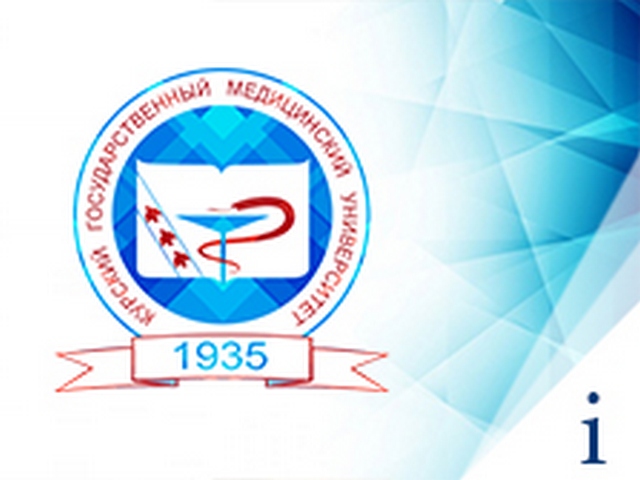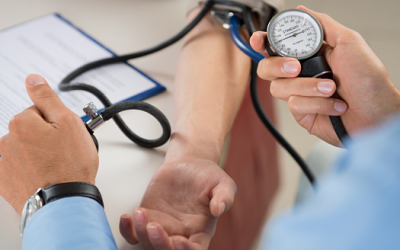 All over the world, cardiovascular diseases remain the leading cause of death of the population from year to year. Russia is no exception from this, unfortunately, unfavorable statistics, and among European countries it is a region with a very high risk of developing cardiovascular diseases. However, the situation may be changed if more citizens of our country will be aware of cardiovascular diseases problem.
All over the world, cardiovascular diseases remain the leading cause of death of the population from year to year. Russia is no exception from this, unfortunately, unfavorable statistics, and among European countries it is a region with a very high risk of developing cardiovascular diseases. However, the situation may be changed if more citizens of our country will be aware of cardiovascular diseases problem.
Medicine is doing its best to reduce morbidity, mortality, and improve the quality of life of patients, but this is not enough. A doctor cannot accompany a patient at every minute of his life, that`s why every person concerned about his health, and even those who do not think about it at all, should know about the prevention methods of this diseases. But even when a person is already suffering from some kind of ailment, much can be done not to worsen the state and to enable to make the life with the disease easier.
On the initiative of the World Health Organization (WHO), in close cooperation with the World League against Hypertension and the International Society of Arterial Hypertension, the World Hypertension Day was established on May 17 in order to fill the gap in people’s knowledge about blood pressure (BP), and arterial hypertension, a disease that is the result of constantly elevated blood pressure, .
The history of this event begins in 2005, when hypertension specialists from all over the world decided to hold such a Day to educate the population about this disease as much as possible in order to reduce the risks of its development and establish control over the disease for those patients who already suffer from this disease.
At present, according to WHO, every sixth person in the world, or almost one billion people, suffer from hypertension. It is assumed that by 2025 this number may increase to 1.5 billion. Therefore, everyone should be aware of risk factors, symptoms of hypertension, normal blood pressure levels, and the rules for measuring it.
Thus, the risk of developing the disease increases significantly in the presence of overweight, obesity, the presence of such disease in close relatives, excessive salt consumption (in the form of a desire to add it to the dishes), smoking, alcohol abuse, insufficient physical activity and the presence of diabetes. In the initial stages, hypertension may not cause any obvious symptoms, so it is necessary to regularly take part in medical examinations and preventive examinations, as well as, if possible, measure blood pressure at home. When measuring blood pressure with an electronic tonometer, do not forget that it is very sensitive, so you need to take 3 measurements, then calculate the average value, which should be interpreted. The criterion of the disease is a persistent increase in blood pressure to 140 and 90 mmHg and higher (if measured in a medical organization) or 135 and 85 mmHg and more, measured at home.
Thus, the risk of developing the disease increases significantly in the presence of overweight, obesity, the presence of such disease in close relatives, excessive salt consumption (in the form of a desire to add it to the dishes), smoking, alcohol abuse, insufficient physical activity and the presence of diabetes. In the initial stages, hypertension may not cause any obvious symptoms, so it is necessary to regularly take part in medical examinations and preventive examinations, as well as, if possible, measure blood pressure at home. When measuring blood pressure with an electronic tonometer, do not forget that it is very sensitive, so you need to take 3 measurements, then calculate the average value, which should be interpreted. The criterion of the disease is a persistent increase in blood pressure to 140 and 90 mmHg and higher (if measured in a medical organization) or 135 and 85 mmHg and more, measured at home.
To normalize blood pressure, regular walking, restriction of salt in food, alcohol, smoking cessation and taking antihypertensive drugs are necessary. Only a qualified specialist can give the most individualized recommendations to each person.
Kononov S.I., Candidate of Medical Sciences, Assistant of the Department of Internal Diseases No. 2

